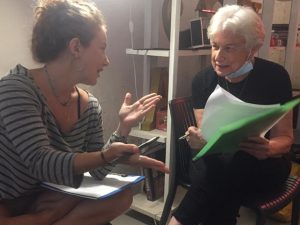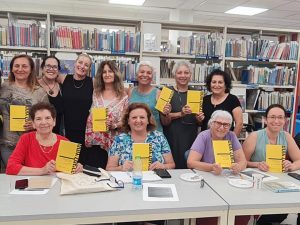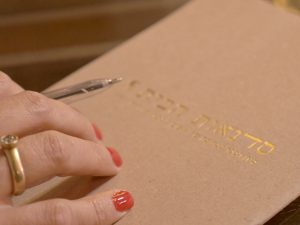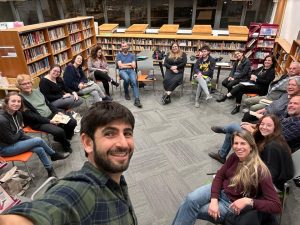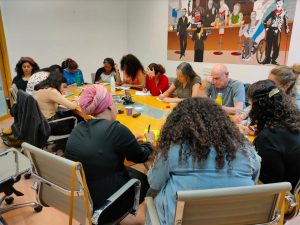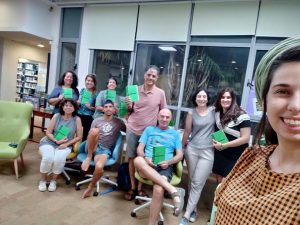About Us
Sadnaot Habait is the largest creative writing school in Israel, offering over 80 writing workshops annually from Kiryat Shmona to Eilat. The school desires to promote the power of the written word, as a channel for social change and to foster a community of writers. Founded by writer Eshkol Nevo and Poetess Orit Gidali, we firmly believe that writing is not only an art form but also a healing process capable of generating social empowerment. We are proud to have a team of thirty carefully selected, published writers, Jews and Arabs, secular and religious, who are experienced in teaching writing and share our values of tolerance, attentiveness, and dedication.
Over the years, our organization has conducted hundreds of writing workshops for diverse communities throughout Israel, including bereaved families, at-risk youth, and the second generation of Holocaust survivors, among others. We've also collaborated with major cultural institutions such as the Tel Aviv Museum, The ANU Museum, the International Writers Festival, and more to advance our mission. Our writing workshops provide a safe, unrestricted space where individuals can express themselves, share their stories, and engage in meaningful dialogue. Recently, we transitioned from a social business into a registered NGO.
Our Team
Founders
Eshkol Nevo
[Founder]
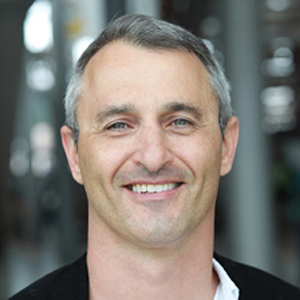
Orit Gidali
[Founder]
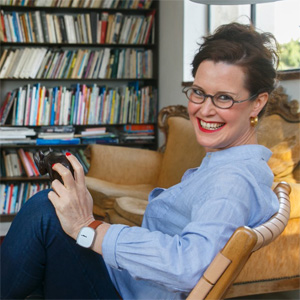
Yotam Tolub
[Head of Creative Writing School]
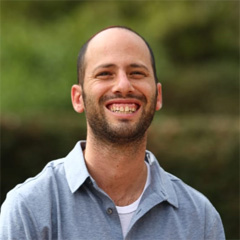
Limor Gabai
[CEO]
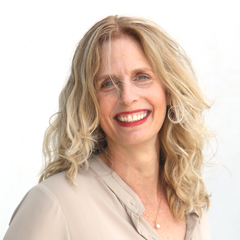
With a bachelor's degree in Social Sciences from the Open University, she managed the marketing department of H. Stern in Israel until she decided to transition from the business sector to the social sector.
Sadnaot Habait is home to a diverse and highly qualified group of teachers.
Explore our teachers' bios here
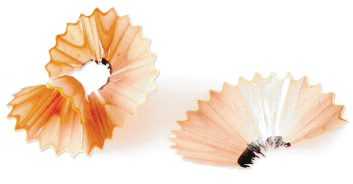
At War - Writing & Healing
Since the third day of the war, 'Sadnaot Habait' has initiated and hosted 'Meravah Khativa,' a nightly free Zoom gathering that occurs at a fixed time (9 PM). This gathering offers a safe and emotionally supportive environment for hundreds of people to connect and write together.
The activities within this writing space include writing exercises, sharing written work, receiving feedback from moderators during and after the session, and, in some instances, integrating singing, music, meditation, and breathing exercises. Selected readings touching on themes of comfort, pain, and compassion are also included. The primary focus of these sessions is not to hone writing skills but to provide tools that enable individuals, even those who do not typically write, to find words and connect with their pain, fostering the healing process. In this setting, national grief and individual pain come together.
Alongside the virtual writing spaces, we are facilitating physical meetings with evacuees, victims of the attack, forces involved in emergency assistance (such as care workers) and more. The purpose of the physical writing spaces is to respond to the need for intimate groups to write together as part of the healing process.



